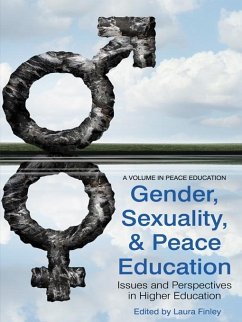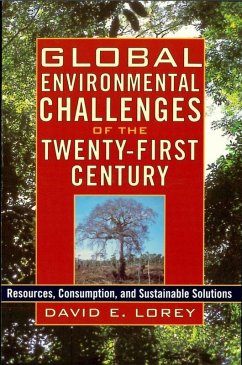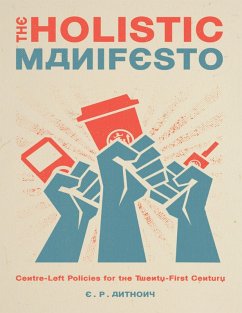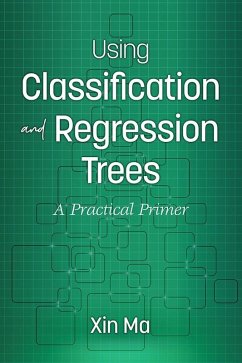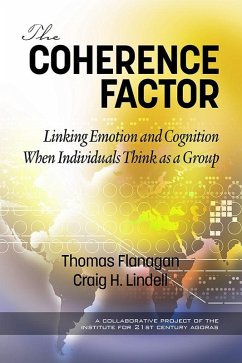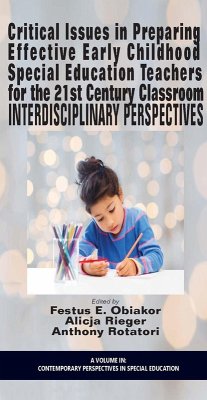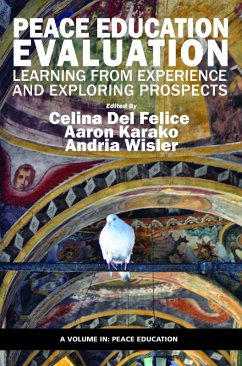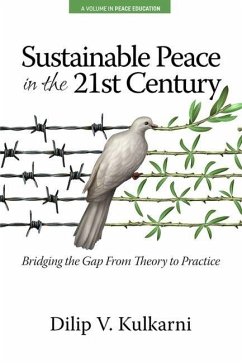
Sustainable Peace in the Twenty?First Century (eBook, ePUB)
Versandkostenfrei!
Sofort per Download lieferbar
62,95 €
inkl. MwSt.
Weitere Ausgaben:

PAYBACK Punkte
31 °P sammeln!
"Why haven't we been successful in finding sustainable solutions?" is a question that this book attempts to address. This book questions the appropriateness of current approaches to international conflict mediation/peacebuilding and whether today's practitioners have the necessary patience, passion, and training to manage twenty?first?century conflicts. This book also examines whether the current approaches to the mediation of international conflict and peacebuilding, as well as the education in these fields, effectively consider the influence of the post?Cold War environment and whether they ...
"Why haven't we been successful in finding sustainable solutions?" is a question that this book attempts to address. This book questions the appropriateness of current approaches to international conflict mediation/peacebuilding and whether today's practitioners have the necessary patience, passion, and training to manage twenty?first?century conflicts. This book also examines whether the current approaches to the mediation of international conflict and peacebuilding, as well as the education in these fields, effectively consider the influence of the post?Cold War environment and whether they address sub?national conflicts caused by the continually increasing social inequality within societies, among parties with different cultural, religious, racial, ethnic, and linguistic backgrounds The narratives of the lived experiences of this book's contributors are used to illustrate the challenges associated with achieving sustained global peace in the twenty?first century. Using the author's conversations with the contributors to the book, as well as educators, this book suggests that a universally adopted answer to the book's underlying question has not yet been established. Therefore, the objective of this book is to start a public conversation about reforming the current education and practices used in the mediation of international conflicts and peacebuilding. The author hopes that these reforms will enable practitioners in integrating the message of the youth uprisings across the globe in finding sustainable resolutions to social inequality-based conflicts within their societies and among countries across the globe. As all of the citizens of the world continue to live in the midst of conflicts erupting across the globe, this book brings to the surface the urgent and acute need for finding better approaches to address this century's social inequality?based conflicts. This book seeks to bring hope and to energize individuals with different cultural, religious, ethnic, racial and linguistic backgrounds, as well as individuals with different professional and personal lived experiences to collaboratively work together to achieve sustainable global peace. The author hopes that this book will foster among students, educators, and practitioners a better understanding of international conflict mediators' approaches for accommodating the inter?relationship between culture and the mediation of international conflicts.
Dieser Download kann aus rechtlichen Gründen nur mit Rechnungsadresse in A, B, BG, CY, CZ, D, DK, EW, E, FIN, F, GR, HR, H, IRL, I, LT, L, LR, M, NL, PL, P, R, S, SLO, SK ausgeliefert werden.




